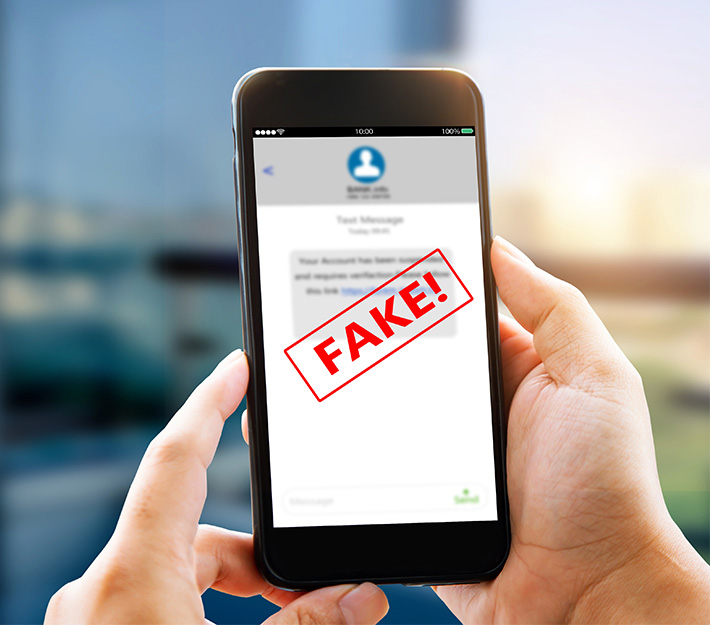Guard your information and trust your gut
If you receive a call from a number that you don't recognize, send the call to voicemail. Be aware that fraudsters can make it look like they're calling from Commonwealth Credit Union. If you receive an email that looks suspicious or comes from an unknown source, don't give any information, open any attachments, or click on any links, even if it threatens to close or suspend your account. Clicking links or opening attachments could install spyware on your computer or mobile device.
Please remember, Commonwealth Credit Union will never...
- Ask you to provide personal or financial information through a link in order to verify account activity.
- Contact you and ask for your account number, social security number, digital banking password, PIN, or any other confidential information.
- Ask you to verify a credit card charge or login attempt through a link. If you receive a text message asking you to click a link to perform either of these actions, it is a scam.
If you're unsure whether a call, text, or email is actually from Commonwealth Credit Union, the best bet is to contact us directly.





